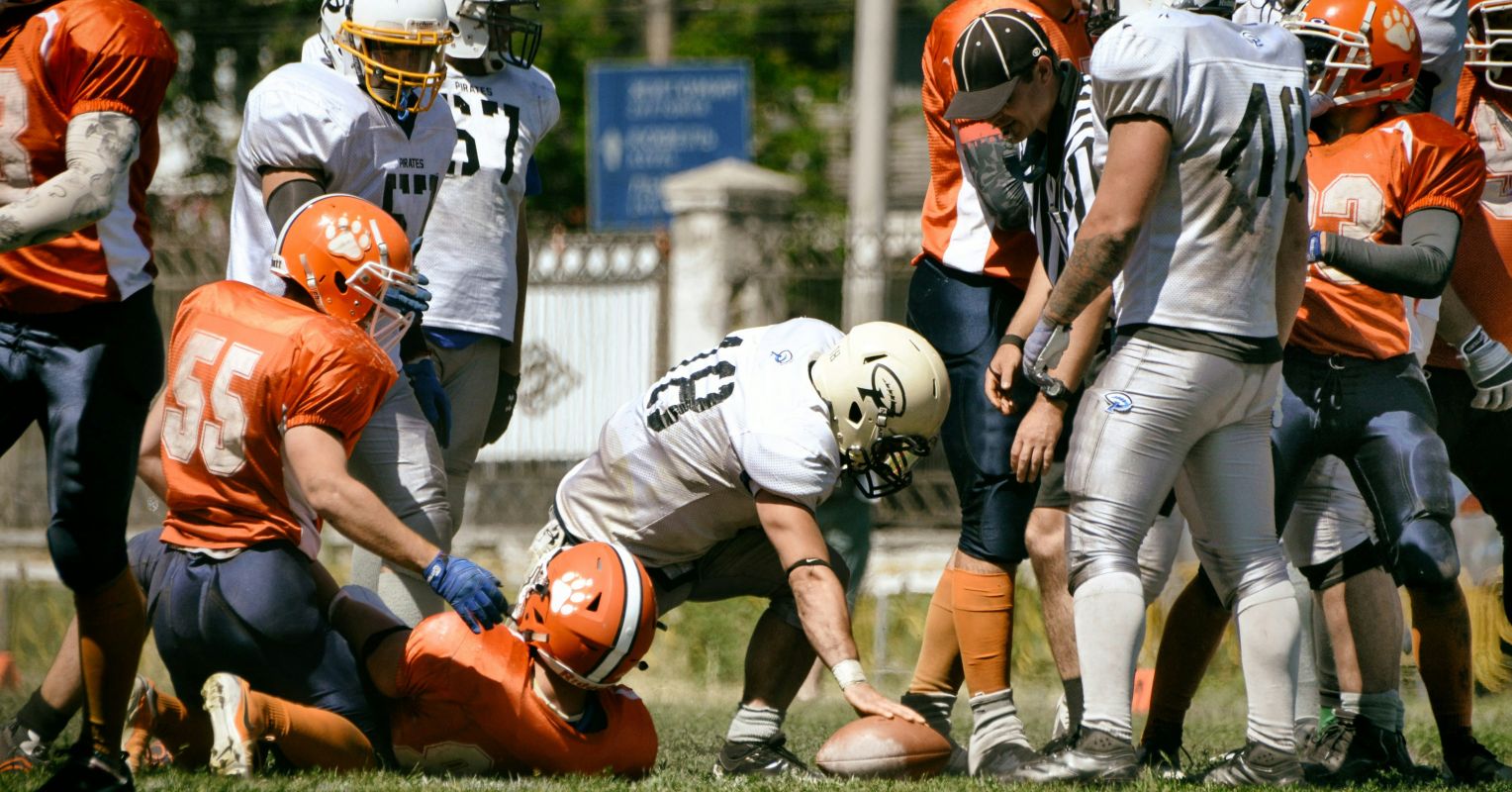
"A concussion is a form of traumatic brain injury that can occur when a blow to the head or force that shakes your body is strong enough to cause your brain to hit the side of your skull. Myriad symptoms can occur, including headaches, decreases in cognitive function such as confusion or amnesia, sleep difficulties such as prolonged feelings of drowsiness, and emotional dysregulation such as irritability and mood swings."
"Chugh specializes in managing concussion injuries and the subsequent development of post- traumatic stress disorder, and has observed a strong link between concussions and PTSD in his patients, identifying key characteristics of post-traumatic symptoms, including hyperarousal, avoidance, reliving the event, and mood changes. He says that avoidance is especially prevalent, with patients often steering clear of trauma reminders and even emotions that evoke feelings of weakness or vulnerability."
Concussions are traumatic brain injuries caused by blows or forces that make the brain strike the skull, producing symptoms like headaches, cognitive deficits, sleep disruption, and emotional dysregulation. Concussions are strongly linked to the development of posttraumatic stress disorder, with common PTSD features including hyperarousal, avoidance, reliving the event, and mood changes. Avoidance often manifests as steering clear of trauma reminders and suppressing emotions. Athletes face elevated risk due to sport-related concussions and cultural expectations of toughness that cause mental health needs to be overlooked. Approximately one quarter of athletes experience PTSD or other trauma-related disorders.
Read at Psychology Today
Unable to calculate read time
Collection
[
|
...
]